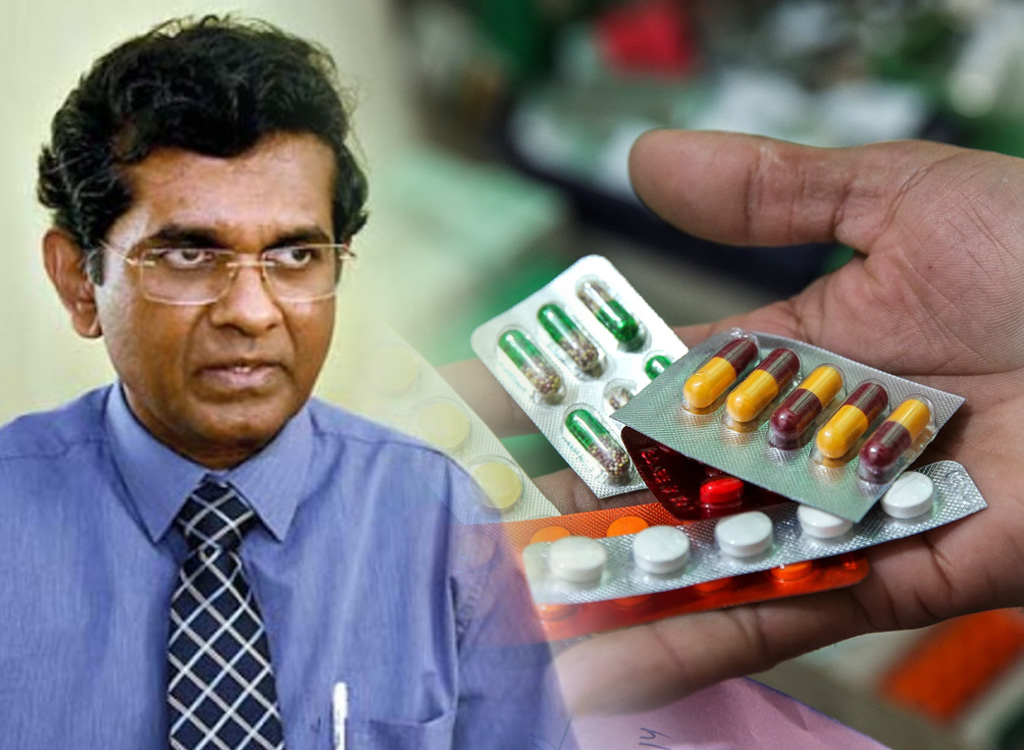Sri Lanka’s domestic pharmaceutical manufacturers have raised serious concerns over a new government pricing formula for medicines, calling it an “imminent threat” to the survival of the local industry and a blow to long-term national health security.
In a letter to National Medicines Regulatory Authority (NMRA) Chairperson Dr Ananda Wijewickrama, the National Chamber of Pharmaceutical Manufacturers (NCPM) urged urgent intervention to mitigate the policy’s impact.
The group warned that the new pricing mechanism, based on Indian and regional benchmarks, is unsustainable for local manufacturers, particularly those operating under government-backed buy-back agreements.
“The impact of the newly gazetted formula is wholly unsustainable,” the Chamber said, noting that while it may apply to imported generics, its blanket application to domestic producers could drive them out of business, compromise medicine security, and undermine significant investments made under prior government assurances.
The NCPM stressed the consequences of the policy shift, highlighting risks to Sri Lanka’s foreign exchange stability, public health, and the country’s long-term ambition of industrial self-reliance.
“Unless resolved decisively, this issue will weaken investor confidence not only in pharmaceuticals but across Sri Lanka’s wider manufacturing sector,” the statement added.
As part of its appeal, the NCPM recommended suspending the formula’s application to local manufacturers under buy-back agreements, introducing a differentiated pricing model that reflects the true cost structure of Sri Lankan production, and developing a long-term national policy focused on pharmaceutical self-sufficiency.
The Chamber also pointed to supportive policy frameworks in countries like Bangladesh, India, and China, urging Sri Lanka to adopt similar approaches to protect domestic industry.
The NCPM noted that even the NMRA’s own Pricing Committee had acknowledged, during a meeting on 6 August, that the new formula may not be appropriate for local manufacturers.











Leave a comment